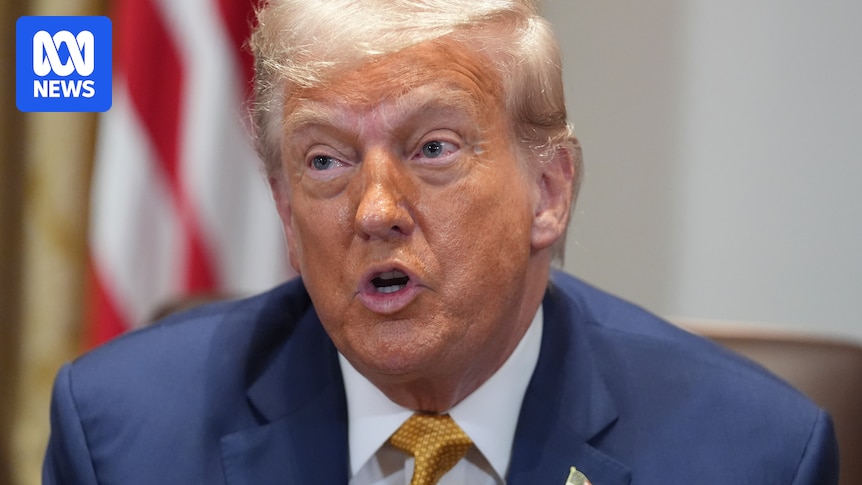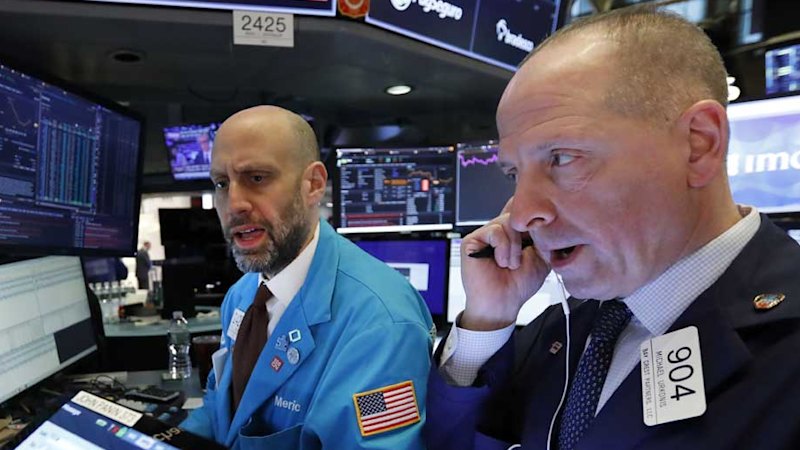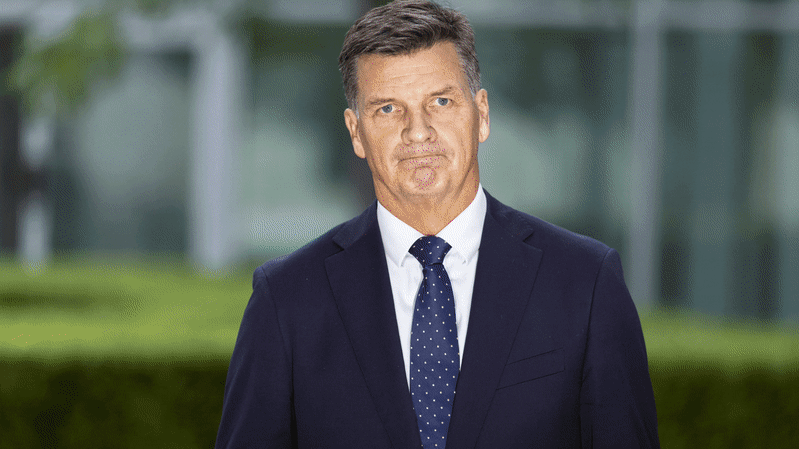
In a week dominated by political maneuvering and unexpected announcements, Australian Treasurer Jim Chalmers found himself grappling with a fresh set of challenges. As he prepared to discuss the Reserve Bank of Australia’s recent decision to maintain interest rates, an unexpected development from across the Pacific demanded his immediate attention. Former U.S. President Donald Trump, known for his unpredictable policy shifts, announced potential tariffs on pharmaceutical imports, a move that could significantly impact Australia’s economy.
The announcement came during a televised meeting at the White House, where Trump, in characteristic fashion, entertained questions from journalists while his secretaries remained largely silent. The broadcast, which resembled a traditional news segment, featured a call to action for viewers to text “POTUS” for updates, adding a performative element to the proceedings.
Impact on Australia’s Pharmaceutical Industry
Back in Australia, the news of Trump’s proposed 200 percent tariff on pharmaceuticals sent ripples through the political and economic landscape. With pharmaceuticals being Australia’s third-largest export to the U.S., valued at approximately $2 billion, the potential tariffs pose a significant threat. Chalmers expressed his “grave concerns” regarding the impact on Australia’s pharmaceutical industry, which heavily relies on the U.S. market.
Chalmers emphasized that Australia’s Pharmaceutical Benefits Scheme, which subsidizes medicines for Australians, would remain non-negotiable despite pressure from American pharmaceutical companies. The scheme, often criticized by U.S. firms as “socialized medicine,” is a cornerstone of Australia’s healthcare system.
Jim Chalmers: “The new round of proposed tariffs are very concerning to Australia.”
Global Trade Tensions and Strategic Balancing
Meanwhile, the geopolitical landscape continues to shift as Australia navigates its relationships with major global powers. While Trump isolates the U.S. from the global community, China is seeking to strengthen its trade ties with Australia. Marking the 10th anniversary of the free trade agreement between the two nations, China’s ambassador to Australia expressed a desire to expand the deal to include artificial intelligence.
Prime Minister Anthony Albanese, preparing for an upcoming visit to China, has been focused on stabilizing relations with the Asian giant. However, tensions persist, particularly regarding foreign investment rules and the ownership of the Port of Darwin. Albanese is also expected to address human rights concerns, including the case of writer Yang Hengjun, during his discussions with Chinese President Xi Jinping.
Political Shifts and Domestic Challenges
Domestically, the political landscape in Australia is undergoing significant changes. Opposition Leader Sussan Ley is working to regain voter support for the Coalition, which suffered losses in the recent elections. Ley’s outreach efforts, including meetings with Chinese-Australian leaders and businesswomen, aim to broaden the party’s appeal.
Additionally, there is a push within the Liberal Party to adopt U.S.-style primaries for pre-selections, a move advocated by frontbencher Julian Leeser. This approach could diversify candidate ranks and better reflect community interests, potentially leading to more inclusive policy development.
Addressing Antisemitism and Institutional Racism
In response to rising antisemitism, the Australian government is taking steps to combat hate speech and discrimination. Prime Minister Albanese has announced measures to withhold funding from universities that fail to address antisemitism, alongside a review of hate speech laws. These efforts come in the wake of a Melbourne synagogue being set alight, an act condemned across the political spectrum.
Jillian Segal: “We cannot hope to really abolish antisemitism, but we can push it to the margins.”
Moreover, a recent coronial inquest into the death of Kumanjayi Walker has highlighted systemic racism within the Northern Territory Police. The findings, released by Coroner Elisabeth Armitage, describe the force as having “hallmarks of institutional racism.” The report’s recommendations focus on improving practices within the NT Police and addressing broader societal issues affecting Indigenous Australians.
As Australia grapples with these complex challenges, the government’s response will be crucial in shaping the nation’s future economic and social landscape. With global trade tensions, political shifts, and domestic issues at the forefront, the coming months will be pivotal for Australian policymakers.






